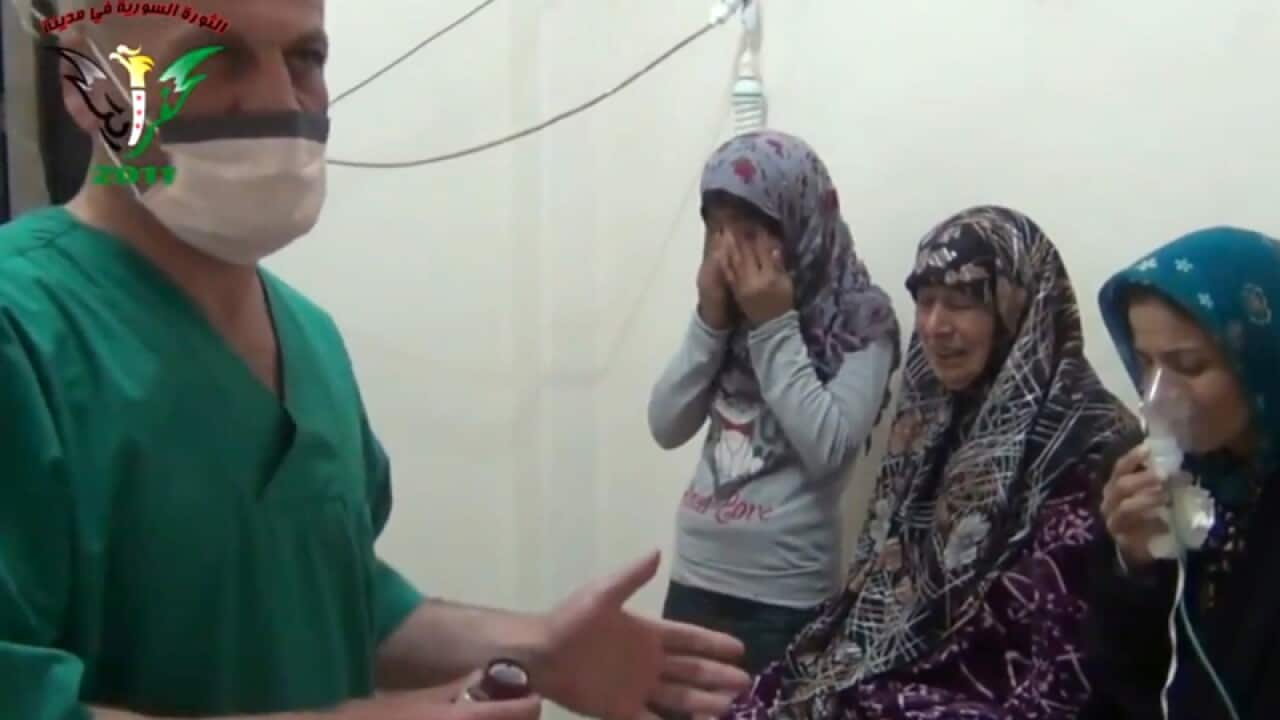The UN Security Council is discussing whether to impose sanctions on people or entities linked to two chlorine gas attacks on civilians that the United Nations and the global chemical weapons watchdog blamed on the Syrian government.
A year-long UN and Organization for the Prohibition of Chemical Weapons (OPCW) inquiry, unanimously authorised by the 15-member Security Council, also found that Islamic State militants used sulfur mustard gas.
"It is incumbent on the council to act swiftly to show that when we put that Joint Investigative Mechanism in place we were serious about there being meaningful accountability," US Ambassador Samantha Power said on Tuesday.
The report's results set the stage for a Security Council showdown between the five veto-wielding powers, likely pitting Russia and China against the United States, Britain and France over how to respond to the report.
"The sorts of things we will be looking at are the imposition of a sanctions regime and some form of accountability within international legal mechanisms," said British UN Ambassador Matthew Rycroft.
Russia's UN Ambassador Vitaly Churkin said he is prepared to work with the United States on a response, but that first the council members must exchange analysis on Tuesday of the report, which he has described as very complicated.
Syria agreed to destroy its chemical weapons in 2013 under a deal brokered by Moscow and Washington.
The Security Council backed that deal with a resolution that said in the event of non-compliance, "including unauthorised transfer of chemical weapons, or any use of chemical weapons by anyone" in Syria, it would impose measures under Chapter 7 of the UN Charter.
Chapter 7 deals with sanctions and authorisation of military force by the Security Council.
The body would need to adopt another resolution to impose targeted sanctions - a travel ban and asset freeze - on people or entities linked to the attacks.
However, Russia, a close Syrian ally, and China have previously protected the Syrian government from council action by blocking several resolutions, including a bid to refer the situation in Syria to the International Criminal Court.
Share

